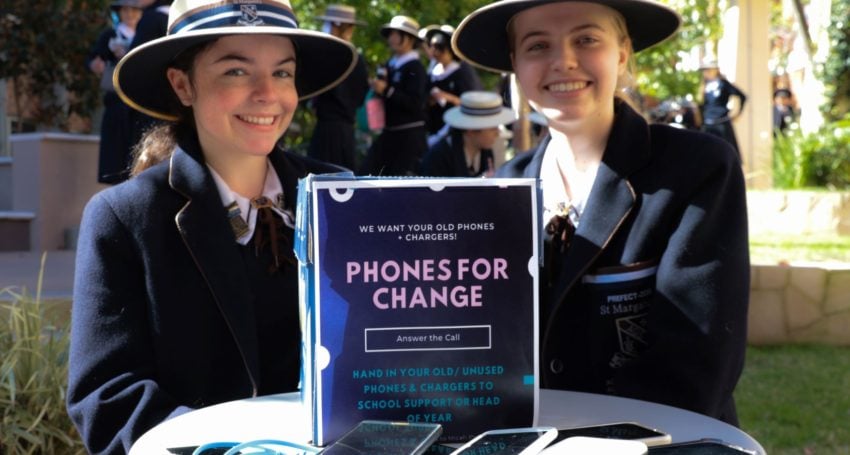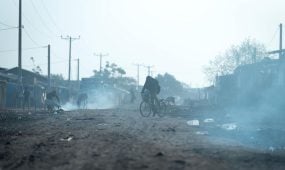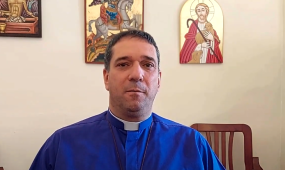Keeping community connected
News
Throughout Term 2, St Margaret’s students participated in Phones for Change, an initiative led by the Prefects which encouraged the girls to reflect on the importance of connection, particularly as a result of the impacts of COVID-19

“The best way to find yourself is to lose yourself in the service of others.” Mahatma Gandhi
The culture of philanthropy at St Margaret’s inspires the girls to begin a life-long commitment to acts of service that have a positive impact on the communities in which they live and will, one day, work in.
This aspect of their learning plays an important role in the development of their identity as they expand their horizons, foster a sense of empathy and compassion and genuinely seek to make a difference in the lives of others.
Throughout Term 2, St Margaret’s students participated in Phones for Change, an initiative led by the Prefects which encouraged the girls to reflect on the importance of connection, particularly as a result of the impacts of COVID-19, and how they could help those that may not have access to phones to be connected.
Prefect Emily Pitt, one of the brains behind the initiative, said many people in Brisbane who were experiencing homelessness and disadvantage needed phones to access the support and healthcare services they need.
Emily, together with St Margaret’s Co-Captain Isobel Barry, donated unused phones from their individual households and rallied the rest of the school community for support.
“Because of the coronavirus many essential services such as healthcare and social support services have transitioned to telehealth. Whilst for many for us this method of accessing care was easily accessible, we realised that this would not be the case for all people in the community,” Emily said.
Advertisement
“People experiencing homelessness or escaping domestic violence would be significantly disadvantaged and further isolated from support if they did not have access to mobile phones.”
Phones for Change collection points were set up in both the primary and secondary schools and students were encouraged to bring in any model of unwanted phones, not just smartphones, including old Nokia ‘bricks’.
Twenty-two phones were collected and these will be donated to Micah Projects, a not-for-profit organisation that assists people experiencing homelessness, domestic violence or social exclusion.
The phones will be distributed to help people connect with healthcare practitioners, access their support services and call for help in times of need.
St Margaret’s Dean of Students Nikki Townsend, who oversees student philanthropy, said this type of initiative empowers the girls to make a difference.
“It improves their understanding of current community issues and, in doing so, builds important relationships between the school and the community. It also helps to develop the girls’ empathy and compassion and allows the students to realise their actions can impact more than just themselves,” Ms Townsend said.
Advertisement
“Most of our girls, certainly the senior students, would have a mobile phone or device to remain connected and so the fact that others might not have that privilege really hits home for them.
“The girls realise their contribution will make a big difference and significantly help improve the lives of those who need it most.”
Iosbel said their goal was to encourage girls to reflect on the part of their lives that they take for granted, like access to mobile phones.
“Things that we have in our households can make a significant impact on those in our wider community and we hope that the girls have become more aware of this,” Isobel said.
Micah Projects Clinical Lead Kim Rayner expressed her appreciation to the girls and families who had generously donated old mobile phones.
“The impact has been immediate. All phones donated have been given to people experiencing homelessness who do not have a phone so that they can stay connected to essential health and social support services during COVID-19,” Ms Rayner said.





